LIQUID ALLIANCES AND RIVALRIES IN THE MIDDLE EAST
Hundred years ago, in 1912, a writer well known for the Austrian elder generation, Karl May, stayed in Vienna. He who was writing several adventure stories about the Middle Eastern region – without ever visiting it – held a talk in Vienna with the title: „Empor ins Reich der Edelmenschen“ – „Forward to the empire of noble men“. Also the Austrian Nobel Prize winner, Bertha von Suttner was present. Hope for peace was prominent at that time.
Already then Karl May was writing about a very liquid region. But it was quite exotic and seemed far away from European concerns. The region came somewhat closer during the two world wars. Nowadays it is much closer to our minds and much more connecting with our concerns and our own liquidities which are smaller but also existing.
With many Kurds in our European countries and fragile relations to Turkey the question of independence or autonomy of Iraqi and/or Syrian Kurdistan is important for us. The role of Iran in different alliances and rivalries is relevant for us especially when President Trump is severely damaging and endangering the nuclear agreement with Iran. The multiple alliances and rivalries between and with extremist and often terrorist groups are highly relevant for European security, not to mention the refugee issue which should not be mixed automatically with the security question but has some connection with it. Also the conflict between Saudi Arabia and the Emirates etc. with Quatar may have consequences for Europe concerning gas supply and investments done in Europe.
The big question of course is, if there are stable alliances possible which would bring a minimum of stability into the region – knowing that there never will be an „empire of noble men“ in the Middle East – or in Europe as we have to acknowledge also. Can the future Syria find a stable alliance and/or rivalry of the different power groups inside and with different allies, which are rivals to each other, from the outside. How is a sharing of influence between the different hegemons, the Iranian/Shiite zone and the Saudi/Sunni zone possible? And what about the outside hegemons, like the US and Rusia? In addition, how can the different Kurdish groups brought into an alliance without destroying and shifting national borders. Or should they stay rivals with different hegemons in alliance? All these question we discussed at an international expert meeting at the Bruno Kreisky Forum co-sponsered by the International Institute for Peace. At these discussions it became even more evident and clear how complex and liquid the situation in that region is. And how our security and stability will be strongly dependent on finding at least some sort of stability in our South Eastern neighborhood.
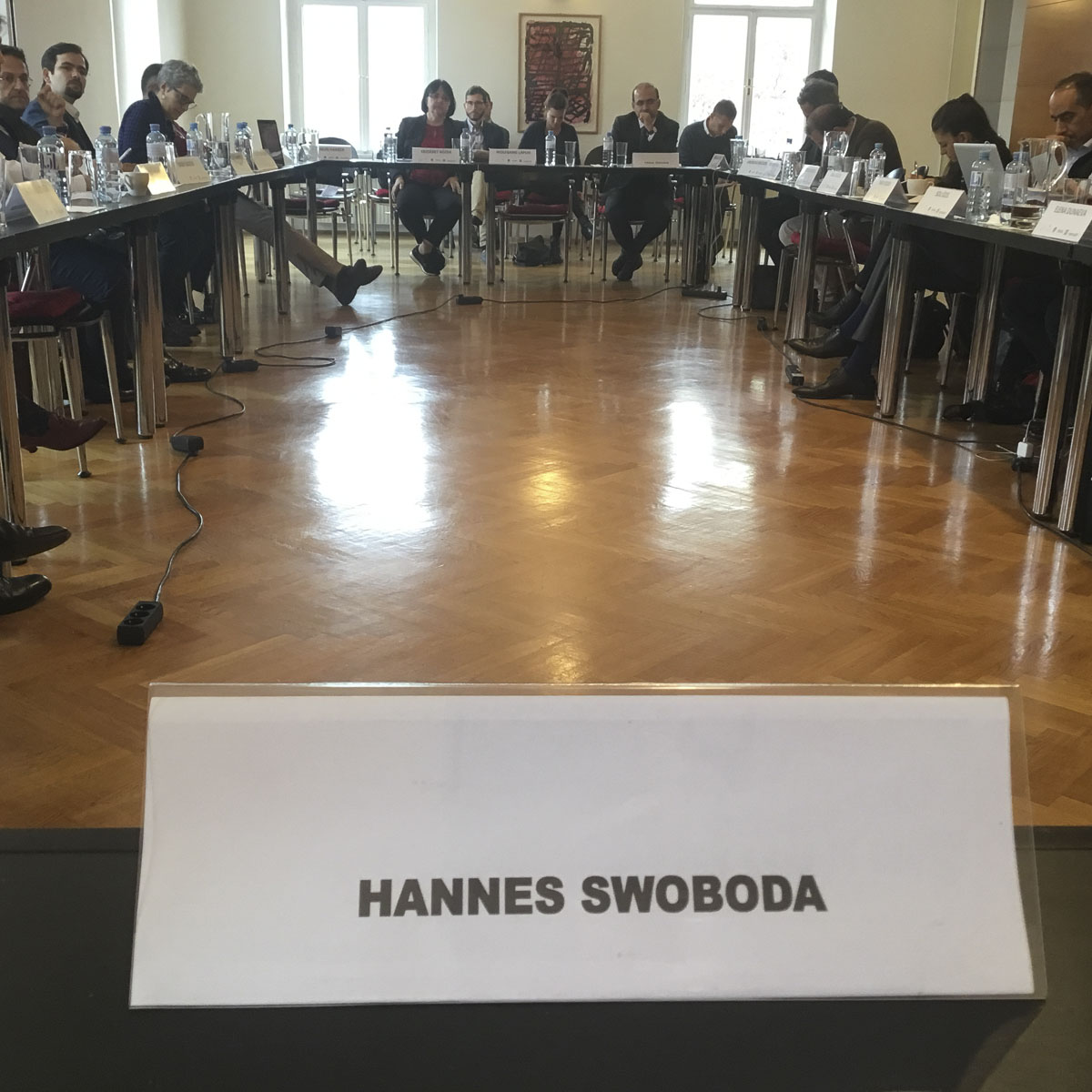
The longstanding question of Kurdistan
One of the most recent events has been the Kurdish effort to get independence or at least get a better starting point for negotiations with the Iraqi government for a stronger position inside the new Iraq. But they overdid it and the Iraqi forces fought back, especially after the peshmergas of the Kurdish regional government occupied Kirkuk which is a very mixed city with Kurdish, Arab and Turk people. Interestingly the Kurdish people – or better the leading Barzani family governing the region – started the active fight for independence although no other country or government supported this adventure. Certainly the countries with a Kurdish population like Turkey and Iran were afraid of consequences for their countries. The US and of course the Iraqi governments wanted to keep the country together and avoid a dissolution of Iraq. Russia wanted to have no example for the destruction of Syria. Totally left alone and with internal disputes – especially with their competing adversaries in the Talibani family – they could not win. Only the usual intellectual circles in France with Bernard Kouchner and Bernard-Henri Lévy gave them support in several declarations. But some Kurdish intellectuals answered, that they should have known the corruptive and undemocratic character of the Barzani government. I am also myself remembering when visiting the – then flourishing – Kurdish capital in 2014, that I was rather surprised when having different meetings – for example with the President and the security chief – to meet mostly with members of one and the same family. And I remember well that President Masoud Barzani left it open if and especially when he would take action into the direction of independence. But finally he did not choose a good timing. But maybe he was somewhat looking for a distraction from the dire economic and political situation at home.
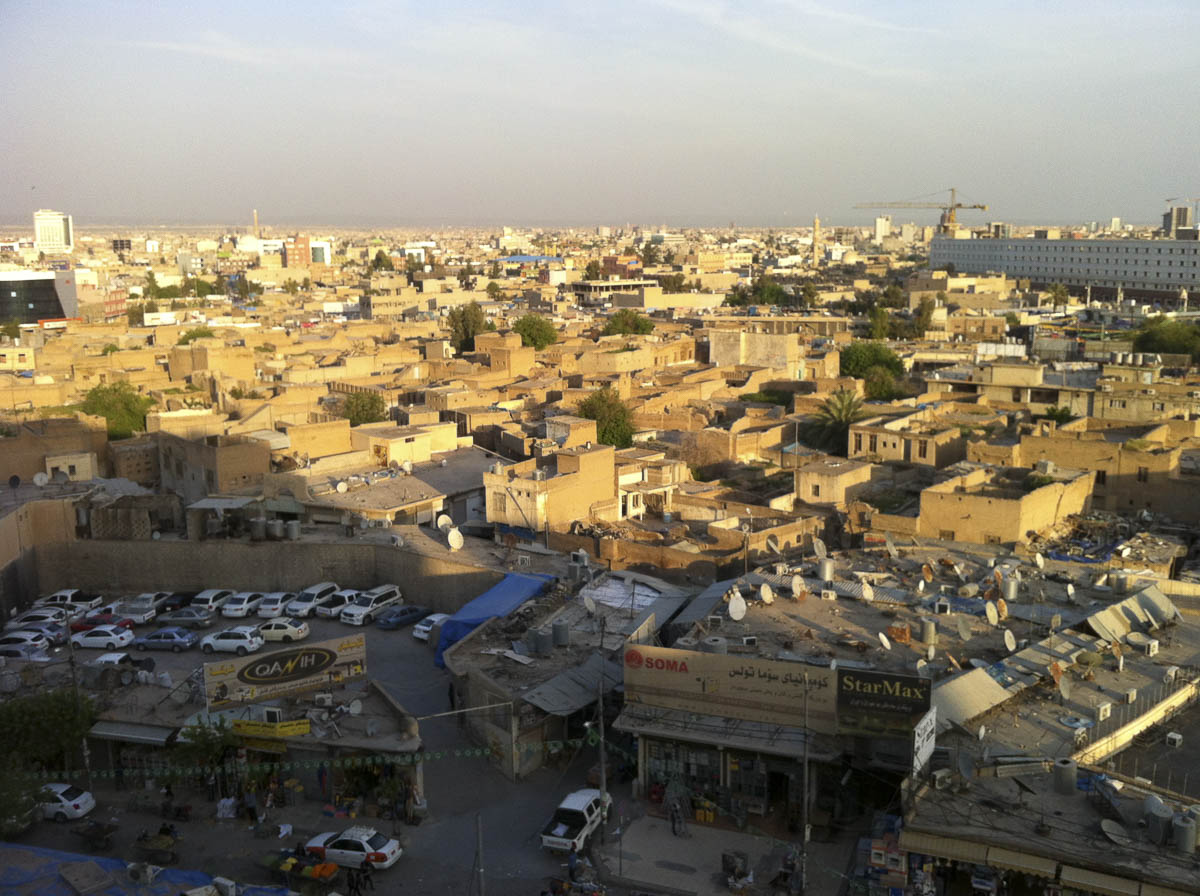
It is also significant, that the Iraqi referendum and the concrete steps towards independence were undertaken about the same time as the Catalan referendum. In both cases these aspirations seem to fail. There is no readiness of the „international community“ to allow – or to be at least tolerant towards – changing borders by unilateral declarations. This was also recognized by the Kurds in Syria who at least for the time being do not strife for independence but for some autonomy inside a new federal Syria.
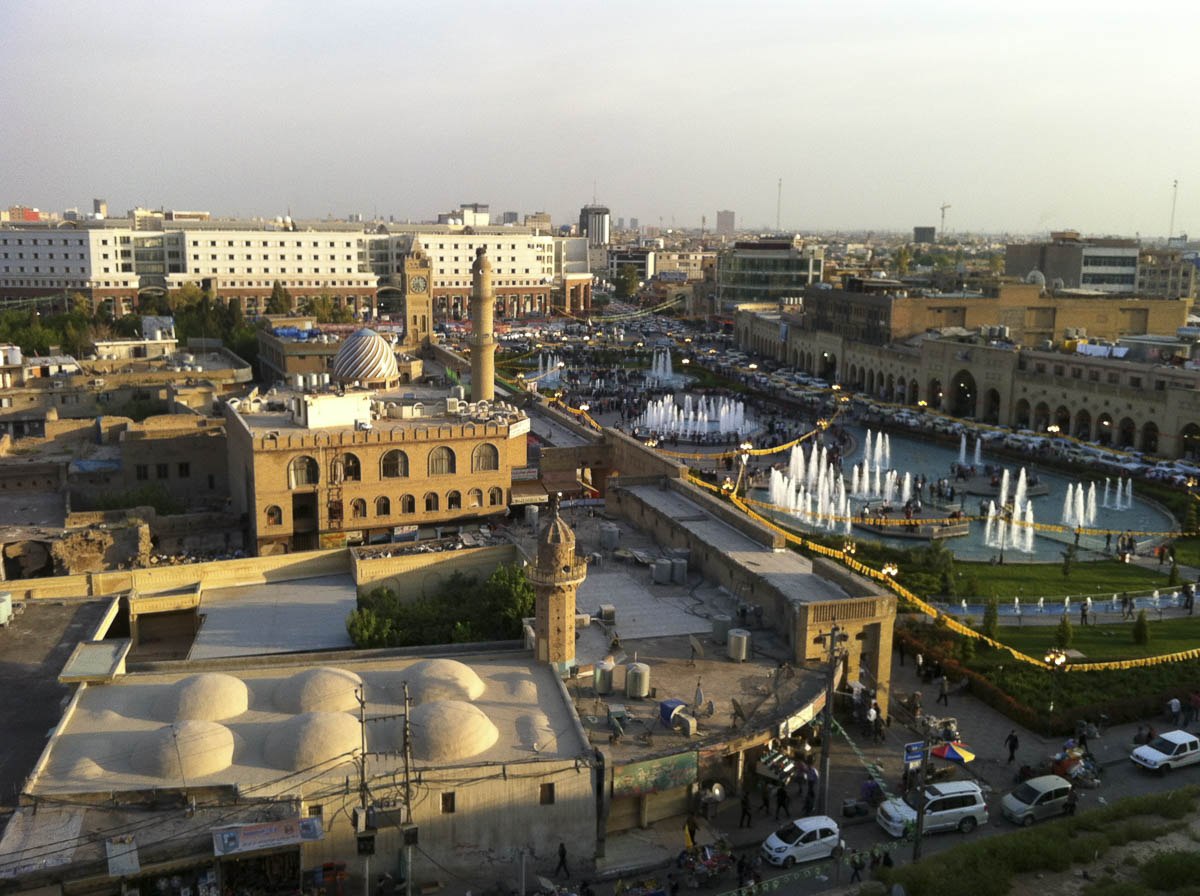
Declining role of the US
Syria and its future are of course the big unknown and open issues with great concern for all actors in the region and beyond. Things changed dramatically in the last year. President Assad is stronger again and has vital support from Russia and Iran. Saudi-Arabia and Quatar – at loggerheads with each other – have lost a lot of influence inside Syria. Also the United States have lost influence and are trying to side with Saudi-Arabia and Israel. But that will not strengthen their position and room of maneuver in the region.
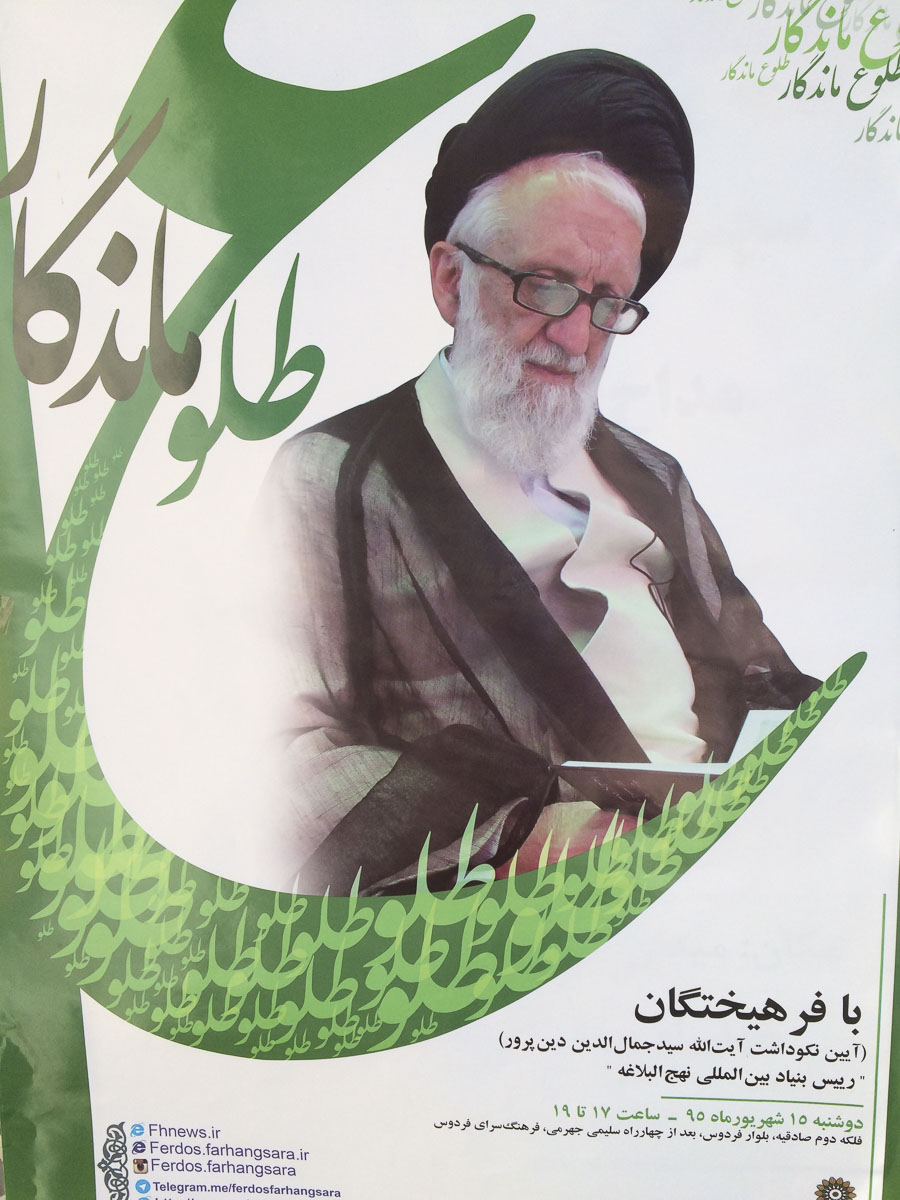
The new aggressive policy against Iran is based on a traditional and probably outdated concept of alliances built on a common enemy as target in this case on Iran is the big threat for peace in the Middle East. It is grotesk to see how often the US was de facto working in the interest of Iran from Afghanistan to Iraq and in fighting the extremist Sunni forces like Daech/Isis. With their primitive anti-Iran policy the US and especially President Trump is loosing any leverage in Teheran. But Iran will stay a strong regional power. It would be much better to recognize it in order also to have the Iranians interested in stability than as having them as a permanent threat to stability and again strengthen the hardliners in Teheran like the Revolutionary Guard and some militias in Lebanon, Iraq and Syria.
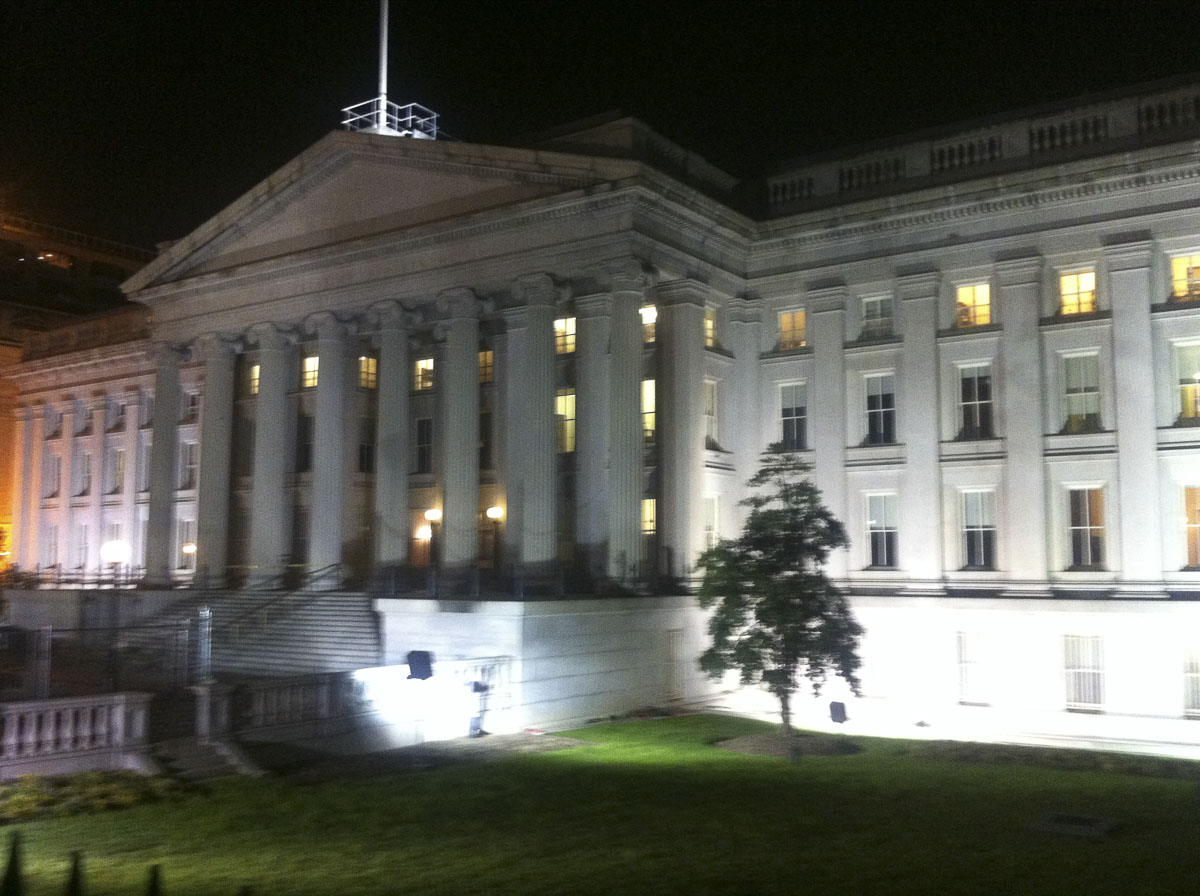
Stronger role of Russia
Russia is in a much better situation. It is the only power in the region who can speak to everybody. It has good relations with Iran and now again with Turkey. It supports President Assad but has also good relations to the – former – main enemy of Assad: Saudi Arabia. With this country Russia also shares the interest of keeping the oil price at least stable and possibly bring it to rise. And Russia has also a balanced position towards the various Kurdish groups. So Russia became an actor who could mediate and bring stability to the region. With this role Russia improved massively its international position and image.
Uncertain future of Syria
Nevertheless the future structure of Syria is not yet decided and it will be for a long time very fragile and fluid. Certainly President Assad and whoever will follow him will play an important role as President of all Syria and as strong man in a vital part of the country. And he will certainly have strong support by Russia and Iran. In addition there will be a region with strong Sunni influence and consequently also of course Saudi and Turkish influence. But both countries are very often following contradictory approaches. And then also the Kurds will have their say on the future structure and policies of Syria. At the end it will be not only the different political and military forces inside Syria but also several outside forces which will decide the future structure and actions of Syria.
And Europe?
One of the questions is: who will finance and who will gain from the reconstruction of the country? After all that terrible destruction it will need a long time to create the necessary conditions for refugees to go back to their home country – very often with their homes destroyed. And the Europeans will they be again the payers without much influence on the future of the region and without being players? But of course Europeans would have a strong interest in a relatively quick reconstruction in order to invite refugees to go back. In addition a quick reconstruction could reduce the number of people to be attracted by radical and extremist groups. Some militias will certainly stay for some time and the question is which role they will play. Are they mainly interested to protect „their“ people against being subjugated by other groups or are they inclined to change the newly found balance into their favor?
Another big question is of course the role of Israel. One thing seems clear for the moment: nobody has recently shown interest in the peace process between the Israelis and the Palestinians. The recent „takeover“ of the Gaza Strip by the Palestinian Authority from the Hamas has been widely neglected. And the Netanyahu government with its radical anti-Iran attitude is also distracting from its refusal to work for a just solution of the Israel-Palestine conflict. One thing seems to be clear. Israel is very nervous about the influence of Iran and or Iranian militias in its neighbor Syria – and rightly so. And again only Russia is strong and engaged enough in the future Syria to prevent the deployment of missiles close to the Israeli border. Let’s hope that we can not see a Israel-Iran war. Both countries should act cautiously and responsible. And the outside forces should also have the strong will to prevent a war. Europe must stay vigilant. It would again be Europe who would be challenges by a new war in the Middle East.
